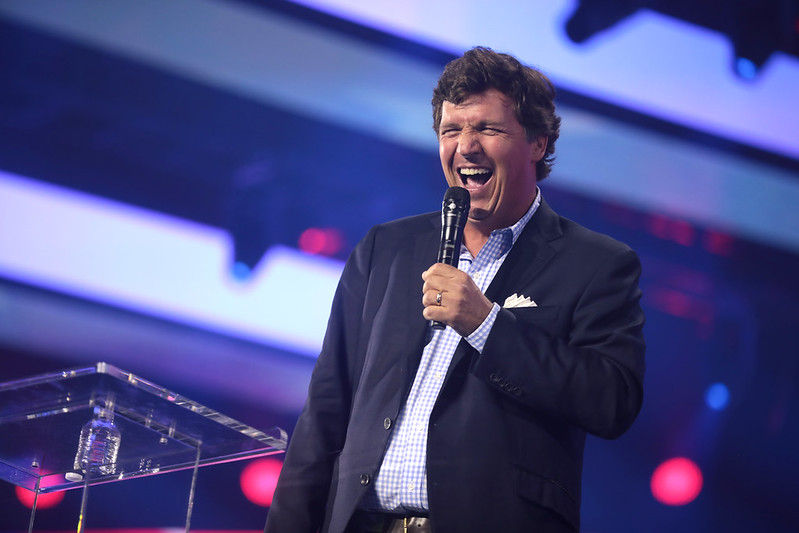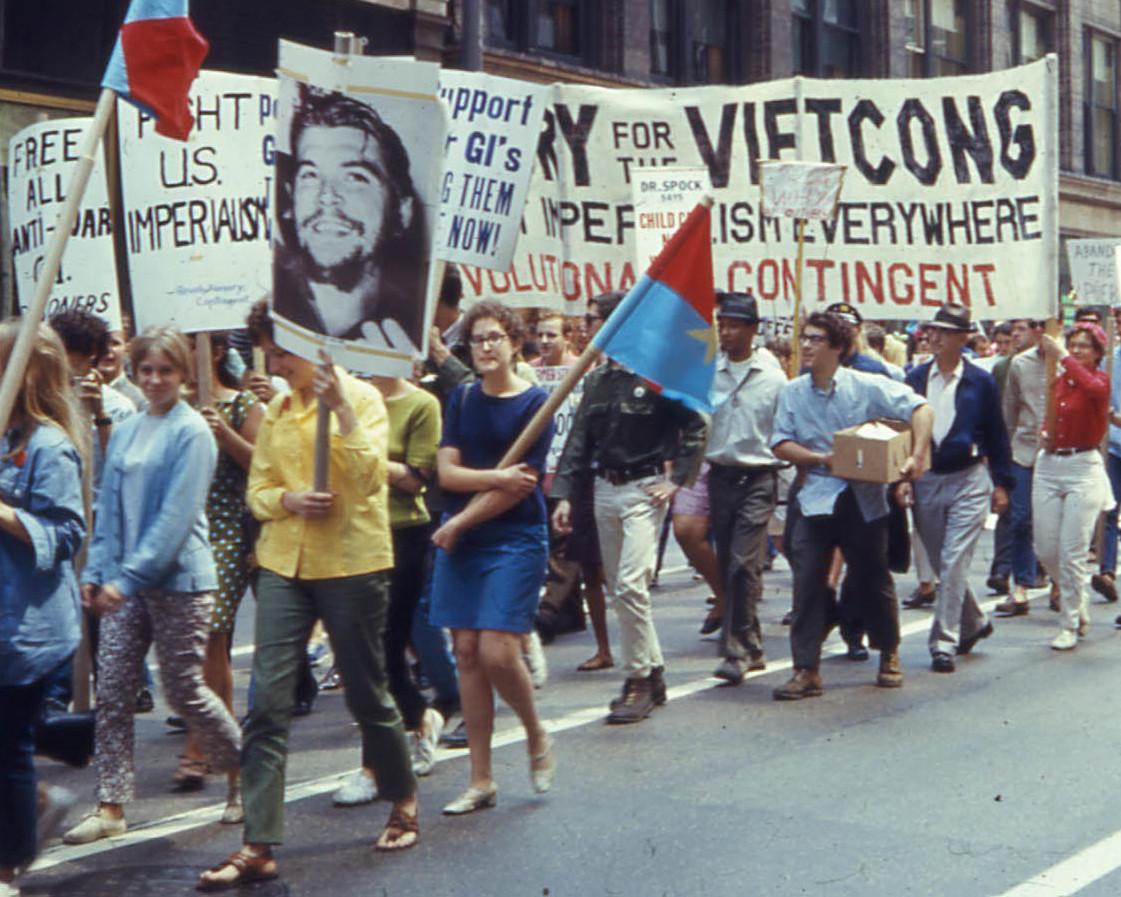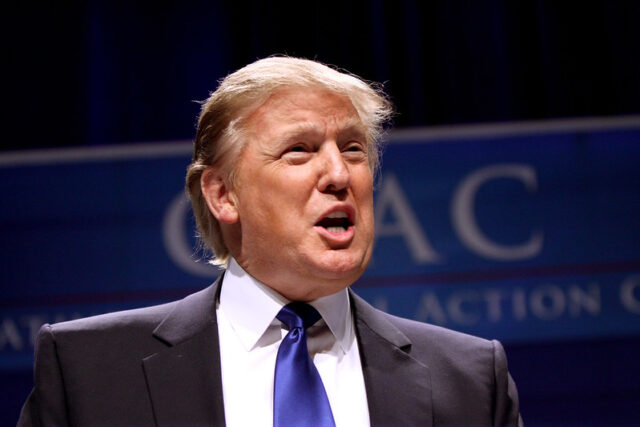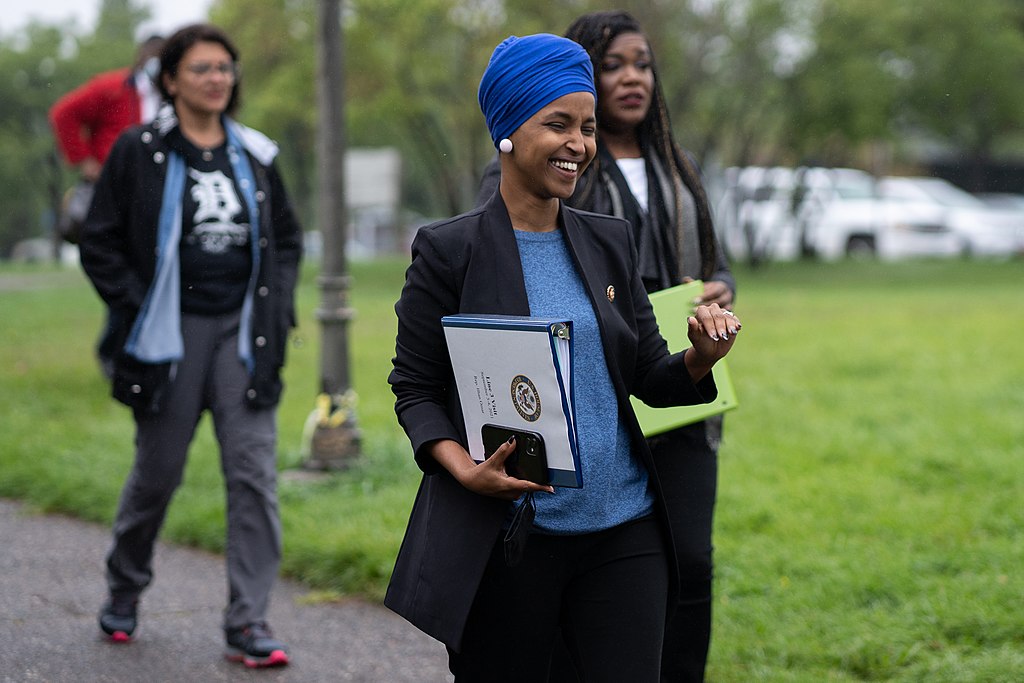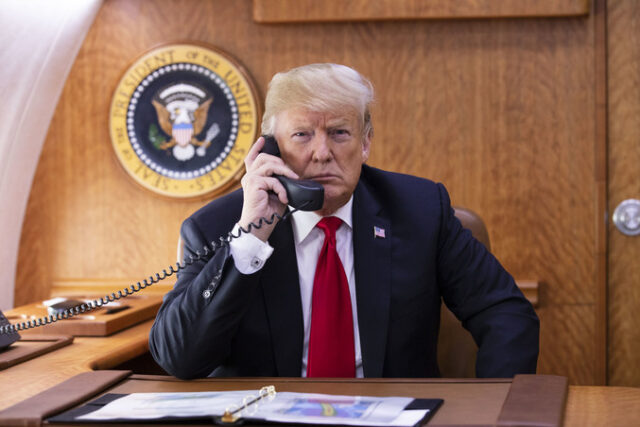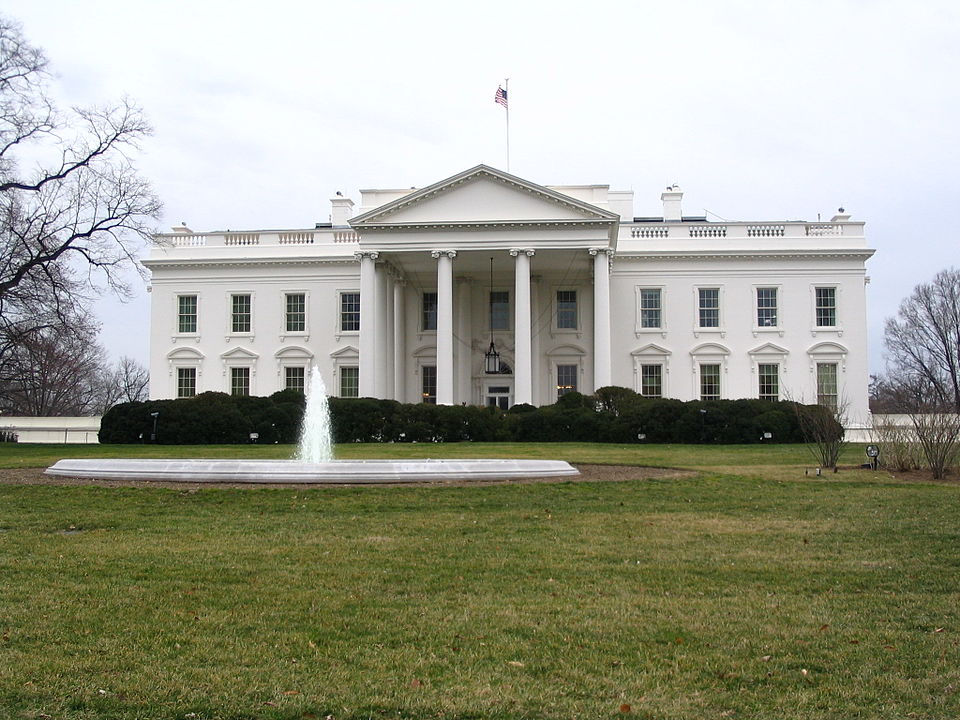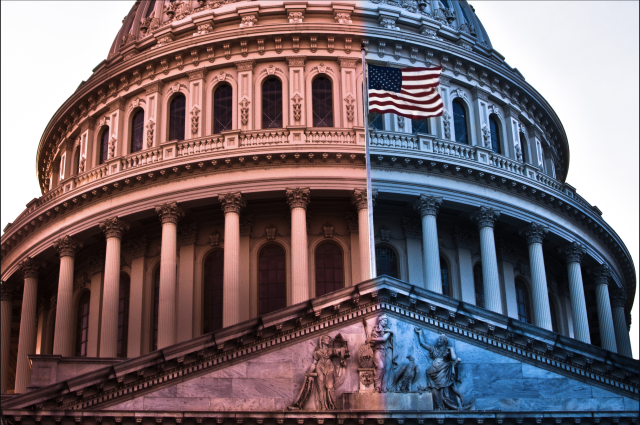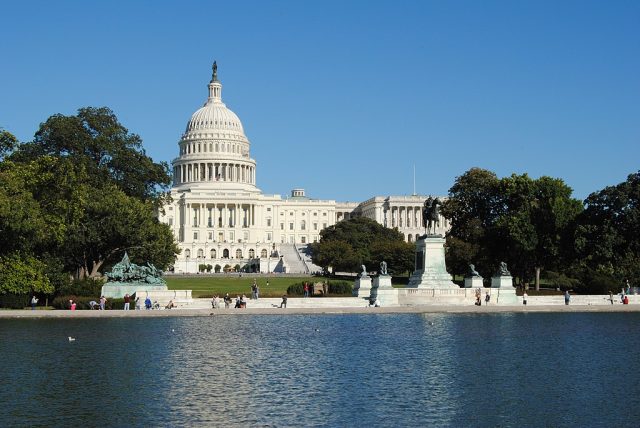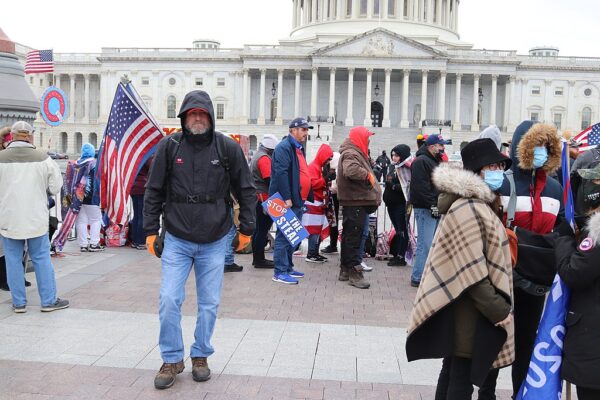Elise Stefanik Bests Kathy Hochul In NY Governor’s Race Poll
A new poll from the Manhattan Institute has delivered a political shockwave through Albany and beyond — showing Rep. Elise Stefanik (R-NY), a rising conservative star and staunch ally of former President Donald Trump, narrowly leading incumbent Democratic Governor Kathy Hochul in a hypothetical 2026 matchup.
According to the survey, Stefanik holds a one-point advantage over Hochul among registered voters, 43% to 42%. The poll, which included an electorate heavily weighted toward registered Democrats, marks the first time in decades that a Republican candidate has outpolled a sitting Democratic governor in New York.
Stefanik’s Strength Among Independents and Suburban Voters
The findings suggest that Stefanik’s appeal extends beyond the GOP base, particularly among independents and suburban voters who have grown increasingly frustrated with the state’s high taxes, rising cost of living, and public safety concerns. The congresswoman also leads Hochul’s primary challenger, Lieutenant Governor Antonio Delgado, by six points (43%-37%) in a separate matchup included in the survey.
A recent internal poll from a Stefanik-connected political action committee (PAC) painted a similar picture of growing competitiveness in deep-blue New York. That poll showed Hochul ahead by five points (48%-43%) before respondents were presented with additional context — including Hochul’s controversial endorsement of Assemblyman Zohran Mamdani, a far-left “Democratic Socialist” who is considered a frontrunner in this year’s New York City mayoral contest. When voters were informed of that endorsement, Stefanik’s support edged ahead, 46.4% to 45.9%.
Conservative Momentum in a Traditionally Blue State
Political observers note that Stefanik’s early lead, even before a formal campaign launch, reflects a shifting political environment in New York. Years of Democratic dominance in Albany have coincided with record outmigration, skyrocketing taxes, and a steady decline in public confidence in state leadership.
The congresswoman, who represents New York’s 21st Congressional District and serves as House Republican Conference Chair, has been among the GOP’s most prominent figures in recent years. A vocal critic of the Biden administration, Stefanik has also been instrumental in recruiting female Republican candidates and raising the party’s national profile.
Her campaign released a statement on the Manhattan Institute poll, emphasizing the significance of the results:
“In a heavily Democrat-leaning state, an independent poll that is heavily weighted towards registered Democrat voters shows Republican Elise Stefanik leading Democrat Governor Kathy Hochul in a head-to-head match-up,” the statement read.
“This marks the first time in decades that any potential Republican gubernatorial candidate—and in this case, the likely nominee—is polling ahead of a Democrat incumbent governor, even before any official announcement.”
Hochul’s Controversial Alliances and Policy Struggles
Governor Hochul, who ascended to office following Andrew Cuomo’s resignation in 2021 and narrowly won a full term in 2022, has faced mounting criticism from both moderates and progressives. Her handling of public safety issues, including the state’s controversial bail reform laws, has sparked voter backlash.
Hochul’s endorsement of Mamdani — who has backed “Defund the Police” initiatives and higher taxes on businesses and homeowners — has only deepened the perception among many New Yorkers that the governor is out of touch with working families.
Stefanik’s campaign didn’t hesitate to highlight those divisions:
“In a decision that she will come to regret, Kathy Hochul lives up to her title as the Worst Governor in America when she chose to bend the knee and put New Yorkers LAST by desperately endorsing the Defund the Police, tax-hiking, raging Antisemite Socialist Zohran Mamdani who will destroy New York,” the statement continued.
New York at a Political Crossroads
Once a Republican stronghold, New York has not elected a GOP governor since George Pataki’s reelection in 2002. However, growing dissatisfaction with Democratic leadership — coupled with rising crime, energy costs, and the mass exodus of middle-class families to more affordable states — has given Republicans renewed optimism.
Recent statewide results show signs of shifting momentum. In 2022, Republican candidate Lee Zeldin came within six points of defeating Hochul, the closest gubernatorial race in two decades. Analysts believe Stefanik, with her higher national profile and disciplined messaging, could expand on that performance, particularly if economic and public safety concerns remain front of mind for voters.
The Road Ahead
Stefanik has not officially declared her candidacy, though speculation has intensified in recent months. Her allies say she is actively exploring the race, laying the groundwork for what could become one of the most closely watched gubernatorial contests in the nation.
Political strategists note that a Stefanik-Hochul matchup would offer New Yorkers a stark choice between two sharply contrasting visions: Hochul’s continuation of progressive, high-tax governance, and Stefanik’s promise of “commonsense conservative leadership” focused on affordability, safety, and economic revival.
As the congresswoman’s statement concluded:
“New Yorkers of all political parties are hungry for new commonsense leadership after decades of Hochul’s failed single-party Democrat rule. Elise Stefanik and the people of New York can and will win this righteous fight to Save New York.”



